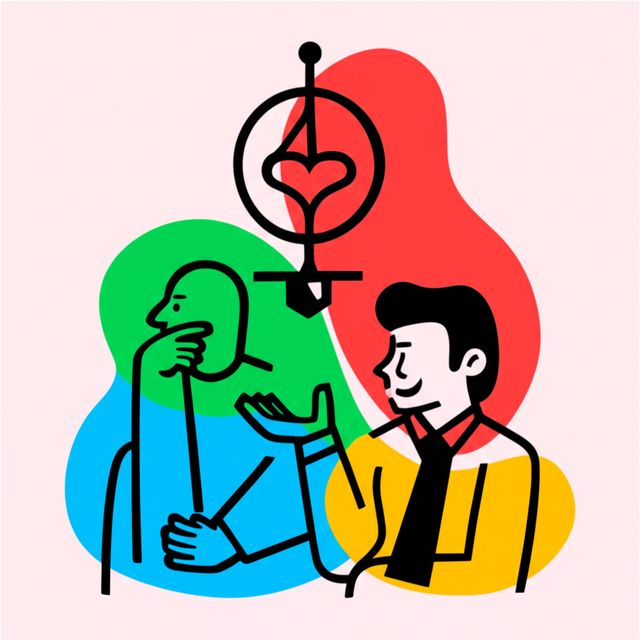Professional Ethics
Professional ethics is a branch of ethics that examines the moral principles that govern a person's behavior in a professional context. It involves the study of moral values, duties, and obligations that professionals have towards their clients, colleagues, employers, and the society at large.
Why Learn Professional Ethics?
There are several reasons why it is important to learn professional ethics. First, it helps you develop a strong moral compass that can guide your decision-making in complex professional situations. Second, it can help you build trust with clients, colleagues, and employers by demonstrating that you are committed to ethical behavior. Third, it can help you avoid legal and financial problems that can arise from unethical conduct. Finally, it can help you advance your career by demonstrating that you are a responsible and ethical professional.
How can Online Courses Help You Learn Professional Ethics?
There are many ways to learn about professional ethics, but online courses can be a convenient and affordable option. Online courses can provide you with the flexibility to learn at your own pace and on your own schedule. They also offer a variety of interactive features, such as discussion boards, quizzes, and assignments, that can help you engage with the material and develop a deeper understanding of the topic.
Skills and Knowledge You Can Gain from Online Courses
Online courses on professional ethics can help you develop a variety of skills and knowledge, including:
- An understanding of the moral principles that govern professional behavior
- The ability to identify and resolve ethical dilemmas
- The ability to communicate ethically with clients, colleagues, and employers
- The ability to make ethical decisions under pressure
- The ability to create and maintain a professional reputation
Is it Enough to Learn Professional Ethics from Online Courses Alone?
While online courses can be a helpful learning tool, they are not enough to fully understand professional ethics. To develop a comprehensive understanding of the topic, it is important to supplement your online learning with other resources, such as books, articles, and discussions with experts in the field.
Personality Traits and Interests Well Suited to Learning Professional Ethics
People who are interested in learning professional ethics typically have the following personality traits and interests:
- A strong sense of ethics
- A desire to help others
- An interest in the law
- An interest in business
- An interest in public service
Benefits of Learning Professional Ethics
There are many benefits to learning professional ethics, including:
- Increased moral awareness
- Improved decision-making skills
- Increased trust from clients, colleagues, and employers
- Reduced legal and financial risks
- Career advancement
Types of Projects for Further Learning
There are many types of projects that you can pursue to further your learning in professional ethics. Some examples include:
- Researching a specific ethical issue
- Developing a code of ethics for a particular profession
- Teaching a course on professional ethics
- Writing a book or article on professional ethics
- Consulting on professional ethics
Projects Professionals do in Their Day-to-Day
Professionals who work in the field of professional ethics typically do the following types of projects:
- Advise clients on ethical issues
- Develop and implement ethical policies and procedures
- Conduct training on professional ethics
- Investigate ethical complaints
- Represent clients in ethical disputes
How Employers View Professional Ethics
Employers value employees who have a strong understanding of professional ethics. This is because ethical employees are more likely to make good decisions, avoid legal problems, and build strong relationships with clients and colleagues. As a result, employers are often willing to pay a premium for employees who have a strong ethical foundation.


